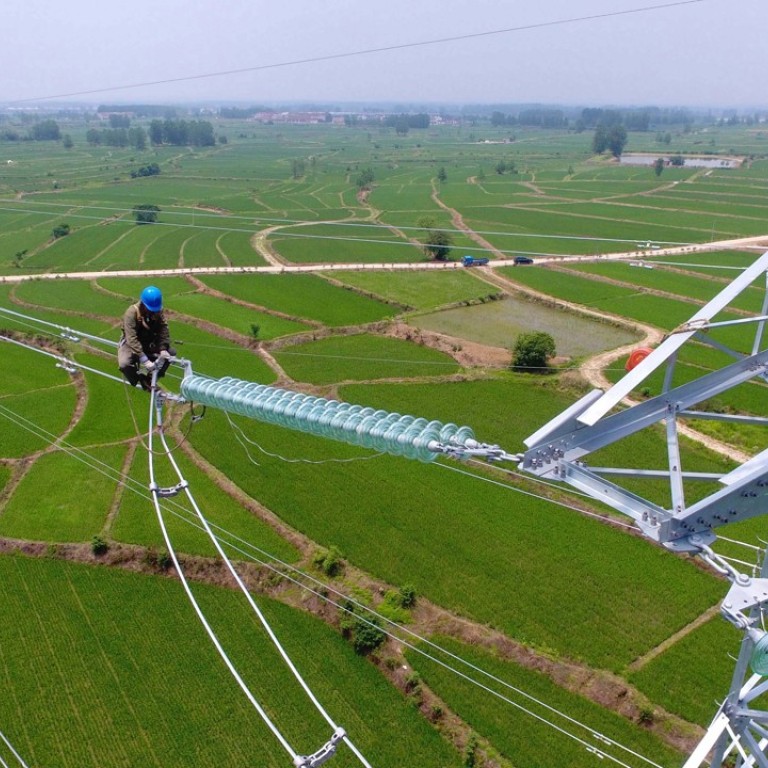
For sale: a small slice of China’s US$20 trillion state sector
Private investors are getting a bigger chance to take minority stakes in state firms as China pushes ahead with plans for “mixed ownership” of the 143-trillion-yuan (US$21.2 trillion) sector in the run-up to the Communist Party’s key national congress later this year.
While the party will continue to have the final say in the country’s biggest industrial conglomerates, Beijing is banking on an influx of private investors to revive bloated and inefficient state players, with particular emphasis on the electricity, petroleum, natural gas, railway, civil aviation and defence sectors.
By selling off equities or even state assets the authorities are aiming to cut overall debt in the state sector. Earlier this week the State Council announced that all big state enterprises under direct control of the central government must become joint-stock companies by the end of this year, helping pave the way for the equity deals.
“It’s preparation for the substantial reform in the future,” said Zhou Fangsheng, a veteran observer of state sector reform and a former official at the State-owned Assets Supervision and Administration Commission (Sasac).
There are signs the move is already under way. Last month China Eastern Airlines sold a 55 per cent equity stake in its air cargo arm, Eastern Air Logistics, to private investors and employees.
And shares of China Unicom, one of the three state telecom operators, have been suspended for more than three months for a deal that could see China’s private internet giants become new shareholders. That deal has attracted added interest because it involves privatisation of the group itself, rather than of a subsidiary, and could set the standard for other state firms.
Private investors looking to get into the sector can also buy into two dozen or so funds tracking stocks affected by the state firm revival plan. Big Chinese fund house E Fund Management launched its own mixed-ownership-themed fund on Monday, with plans to put at least 80 per cent of the money it raises into shares of state-owned enterprises (SOEs) due to be partly privatised.
Li Jin, director of the China Enterprise Research Institute think tank, said the privatisation was still limited to minority stakes or subsidiaries but could spread to more companies.
SOEs are ideological and financial centrepieces of China’s economy and answer to various levels of government.
Sasac was created in 2003 to look after the country’s biggest industrial conglomerates but there are also hundreds of thousands of state-owned firms under provincial and municipal authorities. Bankrupt steelmaker Dongbei Special Steel, for instance, is controlled by the Liaoning provincial government.
While they are all part of China’s market system, complete privatisation of the state sector is not on the agenda. President Xi Jinping has said the sector must become “bigger and stronger” and the party must boost its role in state businesses.
Zhou said SOE reform had proceeded “in an extremely cautious manner” due to concerns about the loss of state assets and the prospect of social unrest. In the late 1990s, millions of state workers lost their jobs as SOEs cut their payrolls as part of radical reforms under then premier Zhu Rongji.
The jury is out whether SOEs can be both profitable businesses and loyal party organs.
In a controversial study released in 2013, independent Beijing-based think tank Unirule Institute of Economics said SOEs had eroded growth and welfare because they used up a lot of credit and resources for little return.
Beijing Institute of Technology professor Hu Xingdou said there was a question mark over just how fair any transactions involving state assets would be.
“Losses of state assets cannot be prevented unless the asset is transacted under democratic supervision, openness and transparency,” Hu said.

